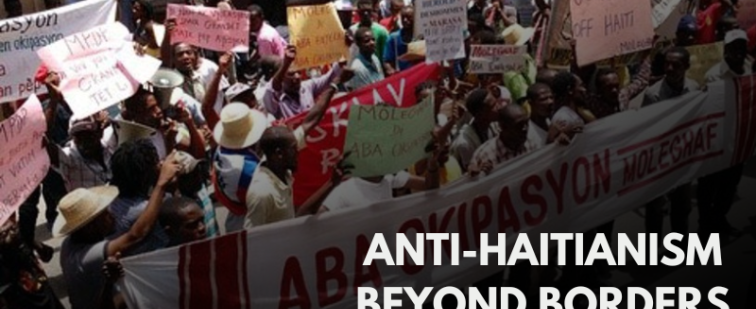Home
In poor cities around the world, millions eke out a living by scavenging recyclable materials from the streets that can be exchanged for fractions of a cent. They are at the lowest rung of consumer society, the very rock-bottom of globalization. And they know it. “If we were any poorer, we’d be dead,” said Jorge Eliécer Ospina, a trash recycler in Bogotá, Colombia.
In 1997, President Bill Clinton, standing beside Mexican president Ernesto Zedillo in the Organization of American States’ flag-bedecked Hall of the Americas, declared: “Gun trafficking is an issue of national security for our governments, and a matter of neighborhood security for all of us in the Americas.” The presidents had joined together to sign an OAS treaty known as the Firearms Convention, or by its Spanish initials as CIFTA, designed to end the illicit manufacture and trafficking of guns, ammunition, explosives, and related materials. It requires that ratifying nations create laws (if they do not already exist) that establish procedures for importing, exporting, and tracing small arms, light weapons, and ammunition, and as well as mechanisms for enforcement.
Pinochet may have reached the apex of corrupt government arms trafficking in Latin America, but he was by no means unique. At lower levels, civilians and military officials alike have often turned a quick peso by engaging in small-arms “diversion,” meaning the shifting of arms from legal to illegal markets. The phenomenon is frequent in the region—a “recurrent Latin American nightmare,” as the arms analyst Pablo Dreyfus recently called it. Two hot spots drive much of the small-arms diversion in Latin America: the Colombian conflict and the Brazilian street wars.
The 16th commemoration of World Water Day came and went on March 22 with little fanfare. Francisco, a retired Salvadoran construction worker, didn’t have much to celebrate anyway. When I spoke with him on the poor outskirts of San Salvador last December, water had not come out of his faucets for months. Despite making minimum wage, or about $161 a month, he still dutifully pays his $7 dollar water bill every month. “I keep paying the bill, because if my service is disconnected, then I'll have to pay even more to get it reconnected,” he reasons.
Manuela Omari Ima, a Waorani woman from the Ecuadorian Amazon, was born in the Yasuni National Park, a 2.5 million acre primary tropical rainforest at the intersection of the Andes, the Amazon and the Equator. That intersection is also the heart of a struggle between two plans: one for oil exploration and another that would permanently protect one of the most biologically diverse regions of the planet.
The standoff in the Andes ended like a sappy Latin American telenovela with stiff hugs and handshakes at a March 6 summit. But that’s not stopping the Bush administration from using the conflict to ram Colombia’s pending “Free Trade Agreement” (FTA) through Congress.
While mainstream media have covered candidates' pursuit of the Latino vote, the mostly white pundits on MSNBC, CNN, and other networks now articulate a narrative that sows racial division by explaining Obama's lower Latino vote percentages as evidence of racial division and tensions between African Americans and Latinos.
None of the news organizations commented on, nor appear to have inquired with Clinton or her staff, whether she is aware that Venezuelan President Hugo Chávez won presidential elections in 1998, 2000, and 2006, survived a recall referendum in 2004, and accepted defeat in a constitutional reform referendum last year. Neither do the news organizations appear to have asked for Clinton's definition of "dictator" or "rogue regime," or by what definition Chávez or Venezuela would qualify.
The strength of the Mexican drug cartels' firepower now rivals even that of the regular army. Both the cartels and the Mexican state get their arms from the United States. During Fox’s administration, an astonishing 2,000 guns entered Mexico every day, overwhelmingly from across the northern border, according to official Mexican estimates. This “iron river” of guns, as it has been called, has swollen since the U.S. Congress allowed the federal ban on assault weapons to expire in 2004. Mexican authorities confiscated an unprecedented 10,579 smuggled weapons in 2005, and they say 90% of them came from the United States. Drug smuggling also make a key part of this equation.
It reflects recurring distortions in mainstream journalistic writing on Bolivia. There are a few outright falsehoods, like the "indigenous militias," but beyond inaccuracies, U.S. reporting on Bolivia is misrepresented by the language and narrative form, shaped more by external perceptions and strategies than by Bolivian reality.












